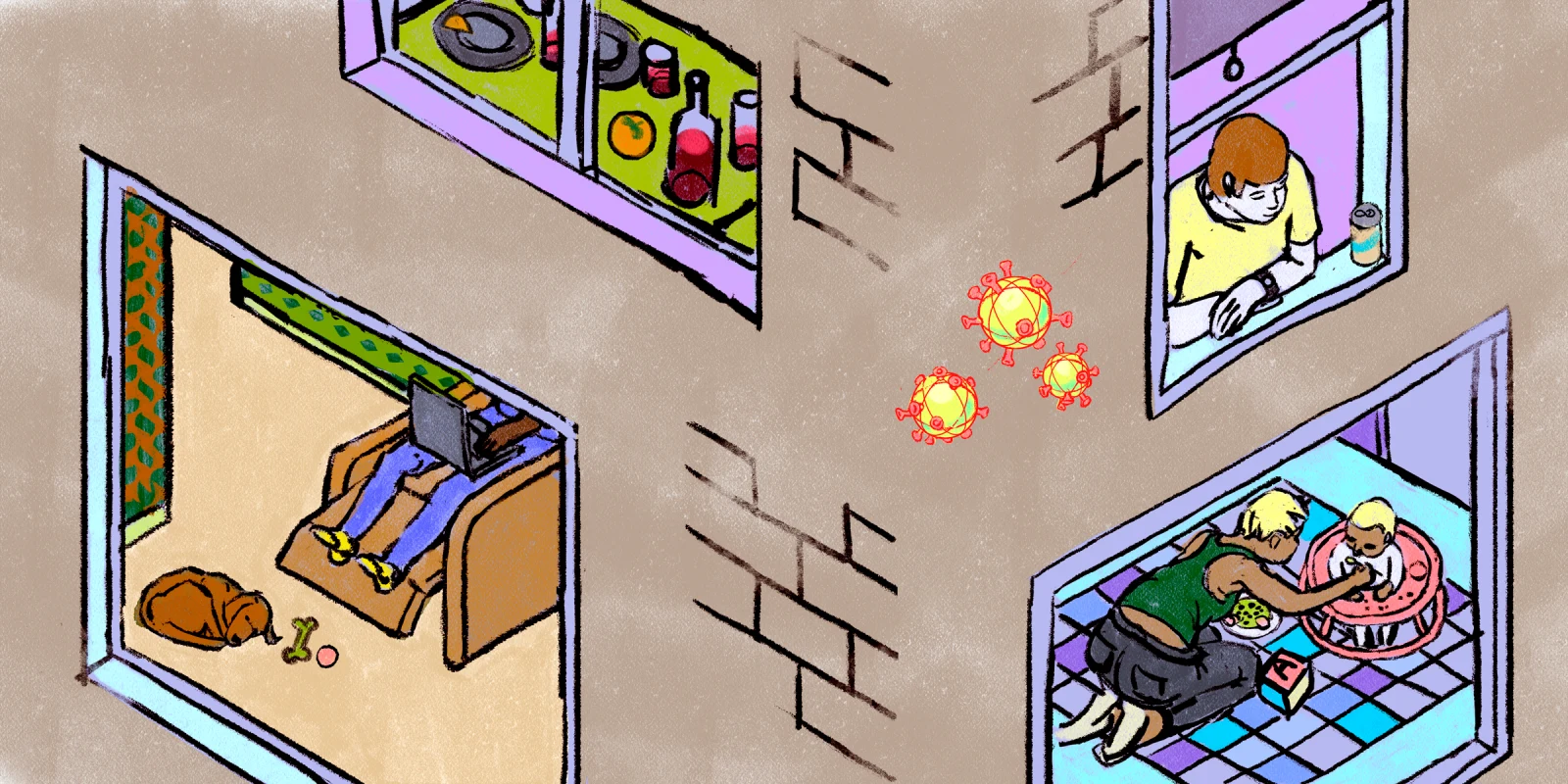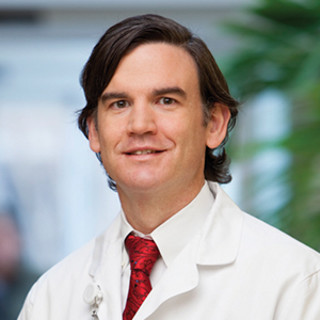As the U.S. continues to respond to the impact of COVID-19, the pandemic has changed the world around us. Cancer patients have faced delays and disruptions as a result. The American Society of Radiation Oncology (ASTRO) held their 62nd Annual Meeting last week. Rather than meeting in person, ASTRO was a virtual conference held in a digitally rendered Miami Convention Center. The meeting included the usual scientific sessions, posters, and even an exhibit hall with vendor partners.
Among other scientific topics, researchers shared how the COVID-19 pandemic is impacting cancer care. Special sessions showcased storytelling from providers in hard hit cities around the world. One storytelling session was hosted by Dr. David Schwartz and Dr. Daniel Wakefield from the University of Tennessee. They shared the ASTRO COVID-19 Survey Results. Dr. Wakefield compared the devastation to a natural disaster: “We are looking at over 200 thousand Americans dead. It’s almost like a hurricane has hit every single city on the planet, all it once.” To survey the damage, starting in March, the ASTRO organization developed a series of electronic surveys sent to more than 500 practices in the U.S. More than 220 practices responded.
The survey results provided insights around how COVID-19 negatively impacted cancer patients. Respondents indicated that 92% of U.S. practices delayed the treatment of low-risk cancer patients. Multiple previous studies show that delays in cancer therapy reduce survivals, even in early stage cancer. With an understanding of the deleterious long-term effect, immediate patient safety concerns led to delays in recommended care. Between treatment delays and disruption in other diagnostic and treatment procedures, 68% of practices saw reduced volumes of patients receiving treatment.
Controversial comments were made during the recent presidential election suggesting that doctors earn more money by diagnosing COVID-19. Whether there is any truth to that in the management of hospitalized patients, the rest of health care took a sharp economic downturn during the pandemic. According to the survey, in oncology, 71% of radiation oncologists saw a drop in revenue of greater than 20%.
The pandemic created fundamental changes in how radiation treatment is delivered. The workload for radiation oncology staff increased as 98% of U.S. practices implemented new formal safety procedures. These included standard tactics like universal masking, face shields, gowns, gloves, screening of staff and patients. Procedures also included enhanced cleaning of equipment and positioning devices between patients.
Like other health care providers, radiation oncology clinics made the pivot from in-person care to virtual solutions. It was reported 89% of radiation oncology clinics implemented telemedicine solutions. The switch to telehealth was partially supported by payment changes from CMS and private payers.
The combination of reduced revenue and increased COVID-19 response burden left many practices in a difficult position. Adding to the challenges, up to 70% of clinics experienced staffing shortages as team members took on greater responsibility for family care personal health.
Despite the challenges outlined by Dr. Schwarz and Dr. Wakefield, there was a positive message. “Our teams went to work even though they may catch a deadly virus. Our staff showed that they were courageous and resilient. They put their boots on reported to the frontlines to continue curing cancer patients.”
“The fact that ASTRO is meeting virtually, is also a sign of resilience,” said Wakefield, adding “We are better when we work together. Despite everything, we continue giving cancer treatment.”
Illustration by Jennifer Bogartz







